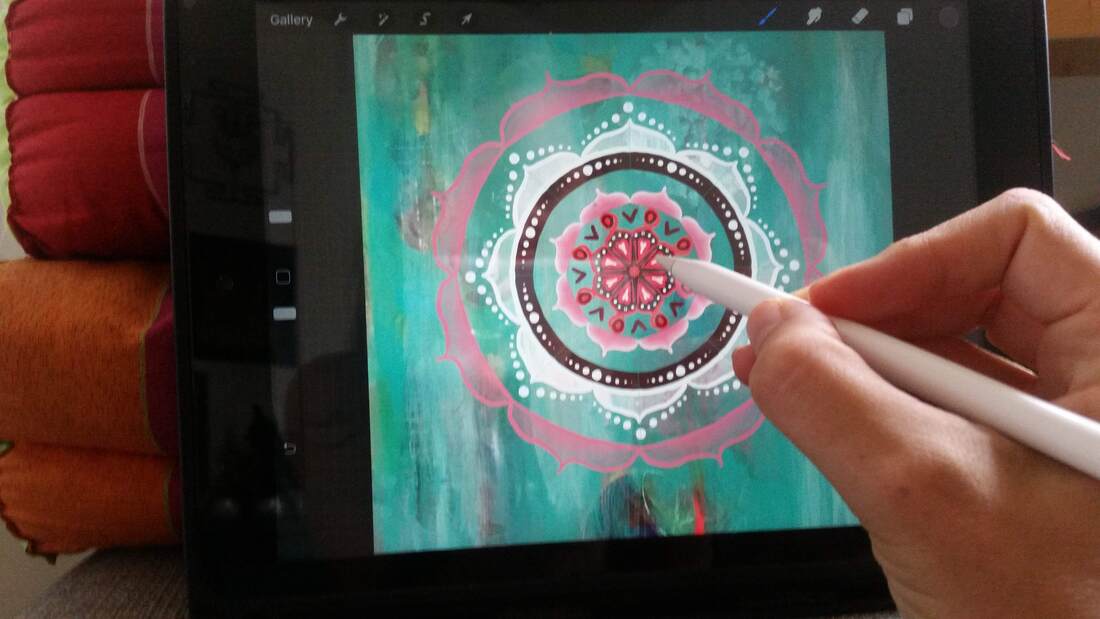- Home
- Online Art Therapy
-
FREE RESOURCES
-
Online Training for Therapists
- Fundamentals >
- TATI Online Art Therapy Training
- Self-paced courses >
- Foundation >
- Week 1 2022
- Week 2 2022
- Week 3 2022
- Week 4 2022
- Week 5 2022
- Week 6 2022
- Week 7 2022
- Week 8 2022
- Week 9 2022
- Week 10 2022
- BONUS TIKTOK
- Archived Week 1 Jan 2021
- Archived Week 2 Jan 2021
- Archived Week 3 Jan 2021
- Archived Week 4 Jan 2021
- Archived Week 5 Jan 2021
- Archived Week 6 Jan 2021
- Archived Week 7 Jan 2021
- Archived Week 8 Jan 2021
- Archived Week 9 Jan 2021
- Archived Week 10 Jan 2021
- Online Art Therapy Foundation Equipment list
- Book a Consultation
- 3-hour Training
- About Kate
- Gallery
- Contact
- Pleasure and the nervous system
Online I offer:
If you are considering any of my online options, its important to read the Benefits and Challenges before you sign up
Benefits of Online Therapy
|
Challenges of Online Therapy
- Sometimes its harder to connect to your therapist but not necessarily
- There is restricted ability to offer warmth and care through nonverbal communication when a client is upset
- For the therapist there is a restricted view of nonverbal cues
- There is potential for misinterpretation and misunderstanding - so the therapist may need to ask more clarifying questions
- The artwork made might be limited by client’s access to art materials – The therapist might send art materials to them, give them a list of what to buy or use a digital app. Its also important to note that in art therapy and dreamwork, we are exploring symbolic representation so anything can be used!
- Technology barriers - therapists need to support clients with technological issues
- Clients’ misrepresentation of their identity – include this in the informed consent, to clarify expectations
- Security risks to the therapist – take all necessary precautions to protect against cyberattacks. This is why I sue secure platforms and encrypted email.
- Potential for boundary violations. It is important to maintain professional boundaries through social media.
- Client prefers face-to-face sessions – assess at intake
- Barriers in communication due to language, culture and disability – make adaptations as necessary
- The needs of complex psychiatric cases may need additional supports – assess at intake
- Working with child clients requires an adult to facilitate the process at their location – train the adult to support the child’s therapeutic needs
- Continuity of care is maintained through documentation of all electronic communication and virtual sessions
HELP
If you are in crisis or need someone to talk to immediately, please go to the worldwide crisis line: www.befrienders.org
Or if you are in Canada visit: www.crisisservicescanada.ca or call : 1.833.456.4566 or text 45645
Join our free fb community, heART space to share your art, dreams and wildest imaginings |


